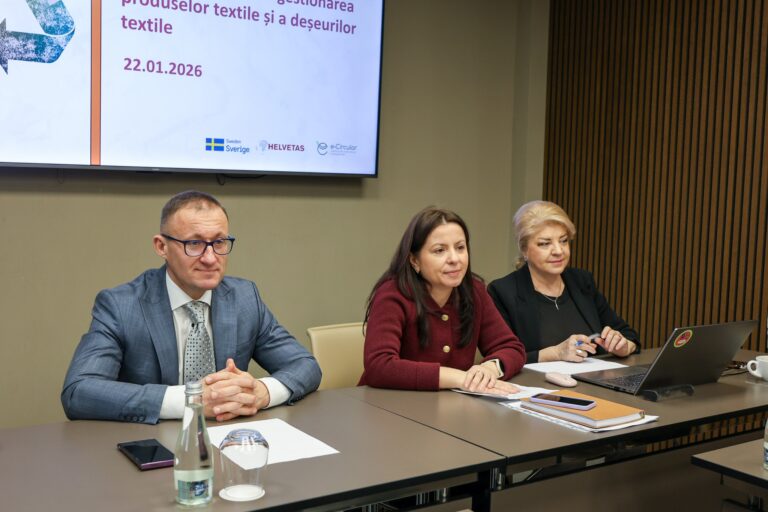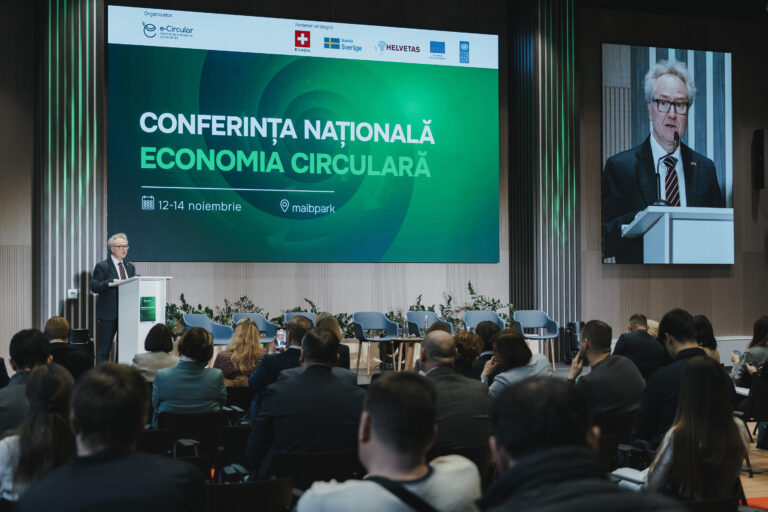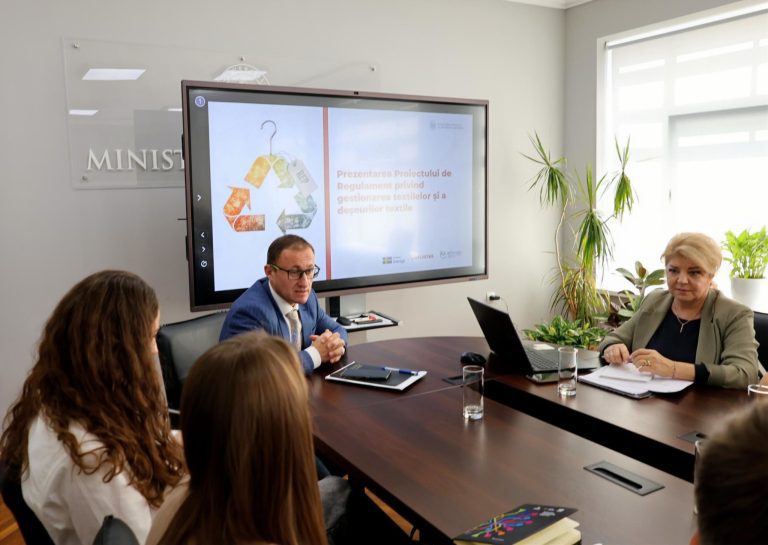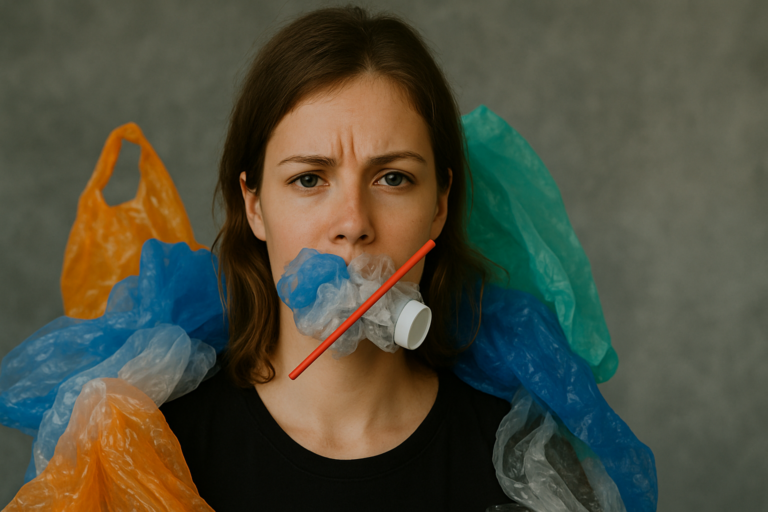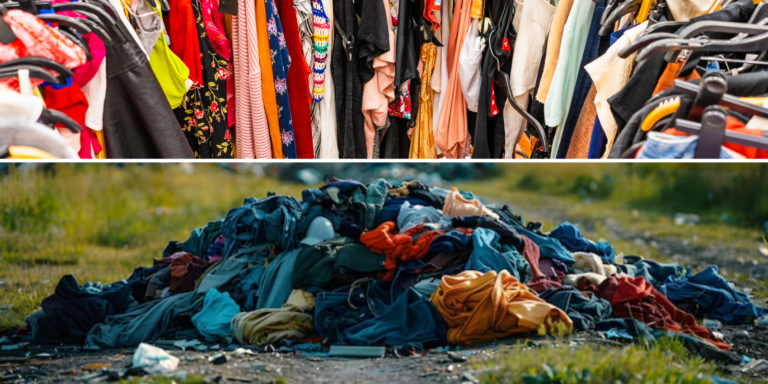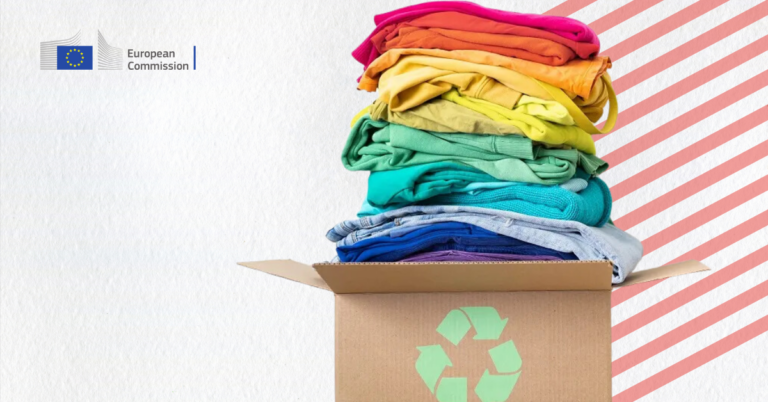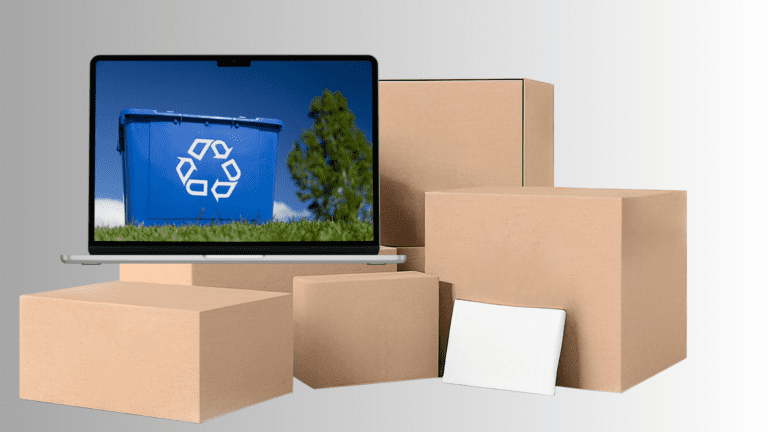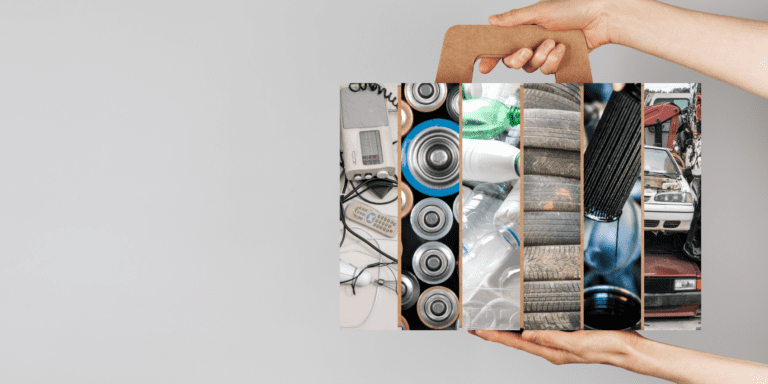Packaging waste a challenge for members of the APIAM collective system!
Details
Given the recent approval of the Regulation on packaging and packaging waste by HG no. 561/2020 of 31.07.2020, producers of packaging waste of various types, no matter in which way (individual or collective), will be responsible for organizing the process of proper management of the generated waste. In this context, starting in 2023, they will also be responsible for reaching the first recycling targets. More recently, the Ministry of Finance, during the working session organized on the platform of the Economic Council at the request of the European Business Association (EBA), proposed a mechanism through which manufacturers and importers of packaging can benefit from fiscal facilities. The facilities will only apply to those who will prove the proper management of packaging waste placed on the market. Thus, the implementation of an economic system of extended producer responsibility (REP) regarding tax exemption or its full refund will be facilitated. It will be a complex exercise, especially given that neither producers nor consumers are sufficiently prepared to transpose the provisions of the legal framework. This process also involves multiple costs related to the organization of a reliable infrastructure and the organization of the process of informing and motivating consumers to return the manufacturers' packaging.
I conducted an interview with Ms. Natalia Noni, Executive Director of APIAM Moldova, to learn more about the association's activity and what activities the association's members are planning, among which are the largest packaging manufacturers in the Republic of Moldova, such as EFES, Coca-Cola, Carlsberg, Le Bridge, ORBICO, GELIBERT, RUSNAC, EUROPLAST, MOLDPLASTCHIM, in order to achieve the objectives reflected in the Regulation on packaging and packaging waste and directly achieve the recovery and recycling targets.
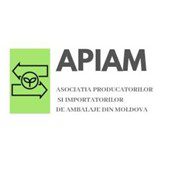
MD: APIAM represents a collective system of packaging producers, which otherwise directly takes responsibility of packaging waste producers regarding the management of packaging waste. How does this collective system work and what are the advantages of this system for economic agents/packaging manufacturers?
Right, APIAM was created as a collective system with the purpose of implementation Extended Liability of Packaging Manufacturers. This system is new in the Republic of Moldova, but not in the European Union. Being currently at the beginning of our activity, it is premature to confirm the functionality of the system in the country. In addition to all this, it is important to take into account several aspects, including the fact that although Law 209 on waste entered into force on December 23, 2017, the packaging waste management mechanism was established in general terms precisely in 2020 As we all know, on August 21, 2020, Regulation No. 561/2020 was published on packaging and packaging waste, which comes into force on August 21, 2021. At the moment, APIAM is at the stage of implementing the legal provisions and adopting the activities real in accordance with established requirements and principles.
MD: Who are the members of the association and for which of the 5 types of packaging waste (plastic, glass, metal, wood, paper/cardboard) will they be responsible?
At the moment, APIAM has 9 members who are some of the largest producers, importers or their representatives on the territory of the Republic of Moldova. APIAM members also include EFES, Coca-Cola, Carlsberg, Le Bridge, ORBICO, GELIBERT, RUSNAC, EUROPLAST and MOLDPLASTCHIM. Regarding the types of waste, it should be noted that APIAM must organize its activity regarding all packaging waste. But, we wanted to start the activity with the implementation of a pilot project only for the valorization of those from plastic masses. These types of waste are among the most dangerous and even toxic to the environment and human lives. We plan that the next steps will be in the development of activities for the other types of packaging waste: glass, metal, wood, paper/cardboard, etc.
MD: One of the most effective tools for implementing REP in European countries and not only is the "Deposit-guarantee system" by which the buyer, upon purchasing a product packed in a reusable packaging, pays the seller an amount of money that is then reimbursed when the package is returned. This system is also provided for in the Regulation on packaging and packaging waste. Are manufacturers planning to implement this system and possibly how would it work nationally?
It should be noted that, first of all, the garage-deposit system is only applicable to reusable packaging waste. As you know, in the Republic of Moldova, a large part of manufactured products are imported. We do not believe that every importer will import goods packed in reusable packaging under the temporary import regime. Moreover, each manufacturer of goods packs them in unique packaging, which cannot be used by others. Therefore, the implementation of the "guarantee-deposit" system in the Republic of Moldova can be successful only with regard to goods manufactured in the Republic of Moldova, domestic goods and/or after increasing domestic production and reducing the import of goods.
MD: How do APIAM members appreciate the recently approved Regulation on packaging and packaging waste, and of course, what are the top 3 biggest problems faced by economic agents producing/importing packaging in order to comply with the provisions of the legal framework?
"Dura lex sed lex". Bad law is law and must be obeyed. Without order there is no development. But among the biggest problems related to the implementation of the Regulation are the following:
- Lack of an adequate operational waste management system. In the Republic of Moldova, there are very few enterprises that collect and recycle/dispose of waste selectively, buy waste or that can provide the entire cycle of waste management, which would include collection, transportation, sorting, storage, recycling or disposal of waste. In connection with this, there are also problems in the implementation of REP, for example:
- Regia Autosalubritate – provides collection, recycling or waste disposal services. But, unfortunately, it does not buy collected waste, which makes the work of collective systems difficult because its members will permanently have investments without their recovery. In the given case, it is easier and more convenient to pay the ecological tax to the state or, as stipulated in point 22. of the Regulation:
"If the producers ..., who fulfill their responsibilities individually, do not meet at least the annual objectives set out in annex no. 2, it is necessary, in order to achieve the objectives, to pay to the state budget to the National Ecological Fund an amount equal to the net management costs of one ton for each category of packaging multiplied by the amount of non-utilized packaging waste.".
- Regarding the companies that only procure waste, it should be noted that in this case investments are needed from the collective system in the collection, sorting, transportation, storage of waste. These investments cannot in any way be compared to the price of procuring waste by recycling companies.
For example, the price of collecting/carrying 1 m3 of waste set by the Regia Autosalubrity is equal to 120 Moldovan lei, but the purchase price of a kilogram of plastics is equal to 2-5 Moldovan lei (without sorting). In this context, most companies do not accept unsorted plastic waste and the price eventually drops significantly. And here we were wondering, how many years do we need to recover the collection/transportation service of 1m3 of plastic waste?
- Regarding the companies that do the whole cycle of waste management, it should be mentioned that they already have a network of collection, transport, sorting, storage, recycling or disposal so developed that there is no longer a need to maintain businesses with a collective system. But the conditions that form the basis of collaboration with the collective system are more difficult than paying the state according to point 22. of the Regulation.…
You can find the full interview in the latest issue of Waste Management Magazine (no. 27 (3) 2020).
Related articles
Centrul de instruire și consultanță e-Circular, în parteneriat cu Ministerul Mediului al Republicii Moldova, a organizat a treia rundă
Cea de-a III-a ediție a Conferinței Naționale „Economia Circulară în Republica Moldova”, organizată în perioada 12–14
La data de 26 septembrie, Ministerul Mediului în parteneriat cu A.O. Centrul de instruire și consultanță
Centrul de Instruire și Consultanță „E-Circular” anunță lansarea apelului pentru contribuții științifice în cadrul Conferinței Naționale
De ani de zile, marcăm simbolic Ziua Mediului, vorbim despre reducerea poluării cu plastic, venim cu
În contextul economiei circulare și al gestionării eficiente a deșeurilor, mecanismul de Responsabilitate Extinsă a Producătorului
Ziua Internațională “Zero Deșeuri” sărbătorită pe 30 martie și facilitată în comun de Programul Națiunilor Unite
Consiliul European și reprezentanții Parlamentului European în data de 18.02.2025 au ajuns la un acord provizoriu
Responsabilitatea Extinsă a Producătorului (REP) este un mecanism central pentru gestionarea deșeurilor și protecția mediului. În
Extended Producer Responsibility (REP) is an essential tool for improving waste management and reducing impacts

